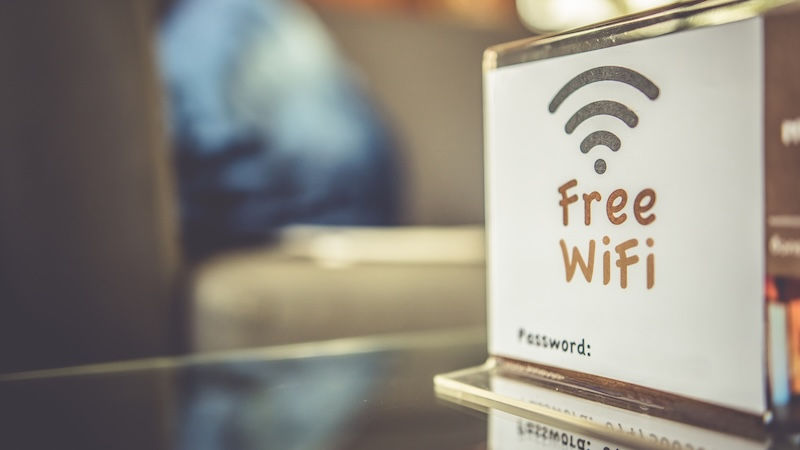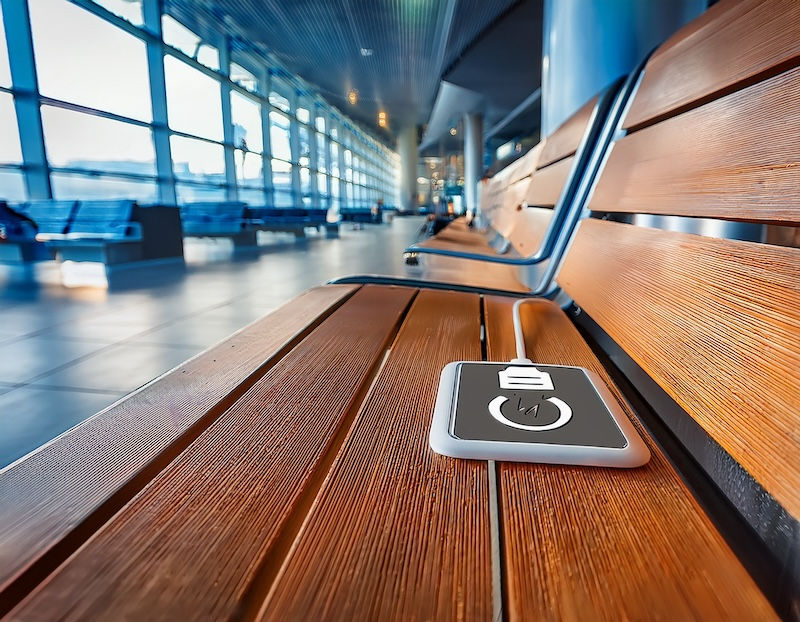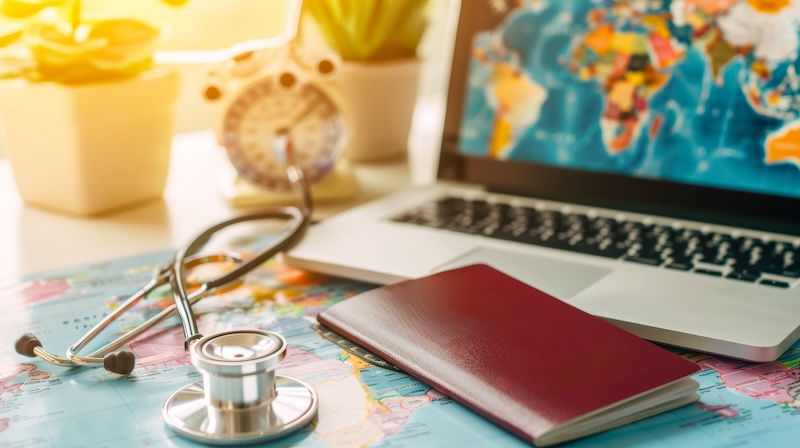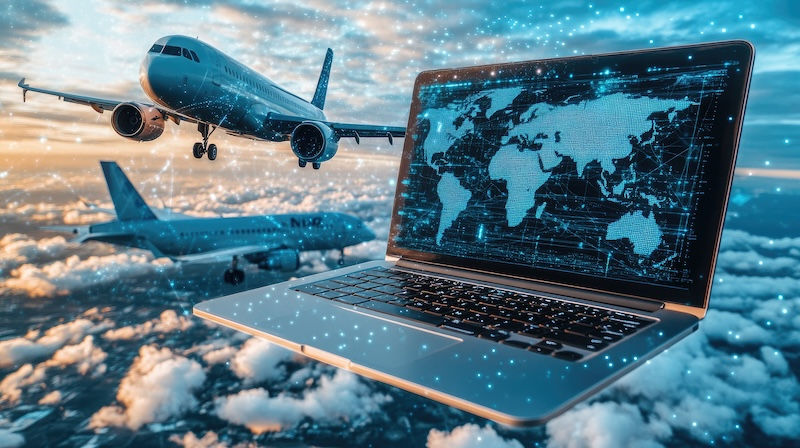Digital Travel Safety: Tech in 2025
- gotobowl82
- Jun 23, 2025
- 4 min read

Summer Digital Travel Safety Tips
Planning a summer getaway? Whether you're heading to the mountains, flying overseas, or taking a road trip through Idaho, there's a good chance you're bringing along more than just sunscreen and snacks. In today’s world, our phones, laptops, tablets, and even smartwatches are part of the journey. That’s why it’s more important than ever to think about digital safety while traveling. At 208Geek, we’ve seen how quickly a fun trip can turn stressful when your tech fails, gets compromised, or picks up something nasty like malware.
To help our Meridian community stay secure, here’s a 2025-ready guide for keeping your devices and data safe this summer.
Think Beyond the Laptop: All Devices Matter

Most people assume digital safety means locking down a laptop. But today, nearly every device we travel with is a minicomputer. Phones, tablets, gaming consoles, smartwatches, and even e-readers can be vulnerable to cyberattacks or data theft. If it connects to the internet, it needs protection.
And don’t forget your car. Many newer models come equipped with infotainment systems that store contacts, addresses, and connection data. Always clear these out if you're renting or syncing with a temporary vehicle.

Public Wi-Fi: Convenient but Risky
Airports, hotels, cafes, and even campgrounds often provide free public Wi-Fi—but these networks are a hotbed for cybercriminals. Hackers can monitor traffic and even set up fake networks that mimic real ones.
Solution: Use a trusted VPN (virtual private network) when browsing, streaming, or checking email. VPNs encrypt your connection, keeping your data secure even on sketchy networks. Also, disable auto-connect settings on all devices. You should have to manually approve every Wi-Fi network.
Prepare Before You Leave

Traveling smart starts before you ever hit the road:
Update software and apps: Outdated systems are easy targets for malware and viruses.
Back up your data: Use a secure cloud service or an external hard drive so you don’t lose anything if your device is lost or damaged.
Install antivirus protection: This still matters—even on mobile devices. The right protection can stop a virus or malware before it spreads.
Use multi-factor authentication: Especially on banking, email, and social media apps. A stolen password shouldn’t be the end of the world.
Be Wary of Charging Stations

Public USB charging ports are handy, but they can be used for "juice jacking"—a technique where malware is loaded onto your device via the charging cable.
Solution: Use your own wall charger or carry a portable battery pack. If you must use a public port, consider a USB data blocker.
Device Security in Shared Spaces
When you’re sharing a hotel room, staying at a rental, or working in a co-working space, your devices are more exposed. It only takes a few seconds for someone to plug in a flash drive or grab your laptop while you’re distracted.
Tips for protection:
Lock your screen every time you walk away.
Don’t share your device passcodes.
Avoid leaving gear unattended in your car.
Use password managers so you don’t have to write credentials down while traveling.
Safe Browsing Habits On the Go

While traveling, you’re more likely to log into unfamiliar websites, search for directions, or shop on unfamiliar online stores. These actions increase your exposure to phishing and malware.
Safer browsing strategies include:
Stick with secure (https://) sites (Always a good idea, whether you’re traveling or not!)
Avoid clicking on pop-ups or ads promising too-good-to-be-true travel deals.
Don’t enter sensitive data (like credit cards or passwords) on a public or borrowed device.
Travel-Specific Cyber Threats in 2025
Cybercriminals evolve with the times. In 2025, we’re seeing more:
Fake travel booking sites that steal credit card info
QR code scams posted on signs, restaurant menus, or digital maps
SIM card swaps that allow hackers to take control of your phone number

Preventative actions:
Book only through known travel sites.
Don’t scan random QR codes unless they’re from a trusted source.
Set a PIN on your mobile carrier account to prevent unauthorized SIM changes.
Traveling for Work? Secure Company Tech
For small business owners and remote workers in Meridian, taking work on the road means additional responsibility. Confidential data, access to cloud systems, and work email accounts must be handled with extra care.

Tips for professionals:
Use encrypted messaging apps for client communication.
Log out of shared services and apps when not in use.
Check with your IT provider before traveling to ensure proper security settings are in place.
If Something Goes Wrong, We’re Here
Even with the best precautions, things happen. If you return home to a glitchy laptop, a device acting strange, or suspect malware, bring it to us. We offer full diagnostics, virus and malware removal, and device clean-up. We can also help get your systems back online and secure.
Digital travel doesn’t have to be risky. With a few good habits and smart tools, you can stay connected and protected all summer long.
About 208Geek in Meridian, Idaho & Moscow, Idaho

Owner/Operator Jacob Van Vliet began building and repairing computer systems for friends and family out of his home in 2001. The increasing demand for computer repair led to the opening of 208Geek in the Fall of 2005, with the vision of providing outstanding service and peace of mind. Jacob, along with his team, including his wife, Brittany, is committed to delivering unparalleled, friendly, and professional service with a 100% satisfaction guarantee. In 2024, son, Johnny, joined the team and helped expand into Moscow, where he serves the computer and IT-related needs of students and staff at the University of Idaho. The 208Geek team has been named “Idaho’s Best” for IT and computer repair for the past six consecutive years. We would love the opportunity to work with you so we can show you why!




Comments